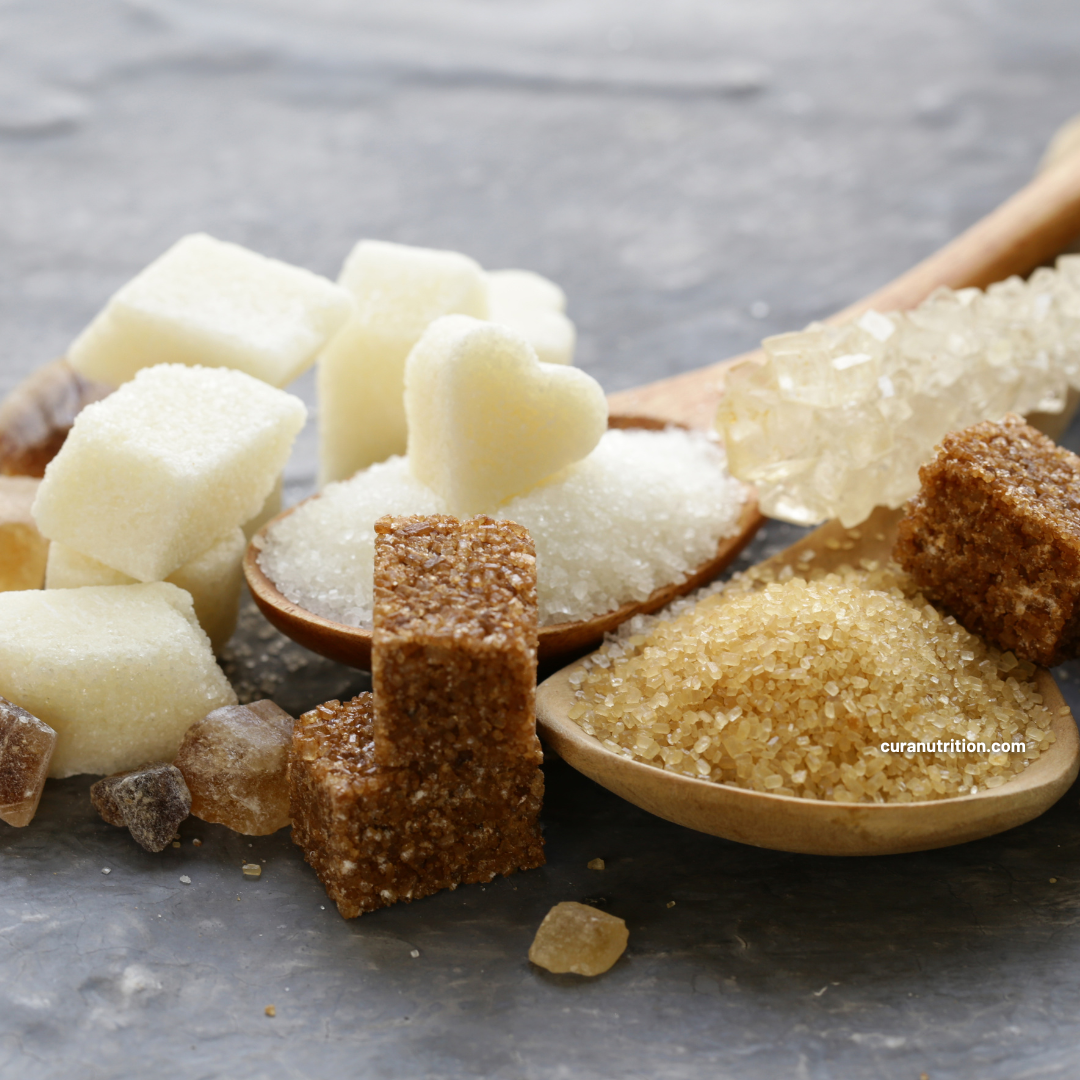Vitamin K2 - 9 out of 10 people may be deficient

Researchers now believe that more than 9 out of 10 people may be at risk from vitamin K2 deficiency and this could increase their risk of heart disease, osteoporosis and diabetes. This is because vitamin K2 is not typically found in sufficient quantities in our diet.
Vitamin K2 – The Neglected Vitamin
Early evidence of the dietary benefits of vitamin K2 came from Japan. Consumption of Natto, a naturally fermented soy product that contains high amounts of K2, is common in Eastern Japan but not in Western Japan. Researchers began to notice that rates of osteoporosis, diabetes, senile dementia and heart disease were much lower in Eastern Japan compared to Western Japan and certainly far lower than in the USA and Europe. With over 2,000 published studies in the last 10 years, scientists have confirmed that the health benefits experienced by the Eastern Japanese, comes from this crucial nutrient – Vitamin K2.
Sources of Vitamin K
There are two main forms of vitamin K:
- Phylloquinone (also known as vitamin K1)
- Menaquinone (also known as vitamin K2)
Vitamin K1 is the more well-known of the two and it is usually the vitamin K that you will find listed on the ingredients panel of many multi-vitamin supplements. One of the reasons you might not have heard of vitamin K2, is that it was initially assumed to be just a different form of vitamin K1, so didn’t warrant research in its own right.
Researchers now know that vitamin K2 has many important functions for our health, not just helping vitamin K1 with blood clotting.
Vitamin K1 – Source and Benefits
Vitamin K1 is:
- Found mostly in leafy green vegetables such as kale, spinach, Brussels sprouts and broccoli
- Most well-known for its role in blood clotting (coagulation). In Danish, the word for coagulation is koagulation, which is how it received the name Vitamin K
Vitamin K2 - Source and Benefits
Vitamin K2 is:
- Found in highest quantities in the fermented soy product, natto. Vitamin K2 is also found in fermented cheeses, kefir, butter from grass-fed cows and offal such as beef liver
- Vital for its primary role in activating vitamin K-dependent proteins (VKDPs) so they can perform essential functions in the body. VKDPs are responsible for bone production, cardiovascular health, energy production and brain health
- An extremely important vitamin – easy to take as Cura Vitamin K2-7+ capsules
Why Choose Cura Vitamin K2-7+
- Optimal Dose of K2 – Research points toward a level between 300mcg - 320mcg as the optimal dose for a therapeutic benefit to humans. (A number of vitamin K2 products currently on the market contain 150mcg or less of vitamin K2 per dose.) The Cura Nutrition Vitamin K2-7+ formulation includes 320mcg of vitamin K2 per dose because this specific amount has shown 97% activation of proteins, which is an excellent measure of the effectiveness of a vitamin K2 supplement. This dose has also shown to be extremely beneficial in increasing cardiac output and having a positive effect on mitochondria/energy production.
- Vitamin K1 – If someone is deficient in vitamin K1 (and most people are), and they take a vitamin K2 supplement, the liver will essentially steal the K2 to satisfy its own needs. Therefore, Cura Vitamin K2-7+ includes enough K1 in the formula to satisfy the liver’s requirements, even in the most depleted individuals. This formula ensures that the vitamin K2 is then available for the vital functions that it needs to perform in the body.
- Supportive Co-Factors – Like all vitamins and minerals, vitamin K2 requires several co-factors to perform optimally. Two main co-factors for vitamin K2 are Magnesium and Zinc. Cura Vitamin K2-7+ is the only Vitamin K2 product on the market to include these essential co-factors at the optimal dosage level.
- Stability – K2 is a very sensitive and very active compound. It is sensitive to light and other variables, which can quickly degrade and reduce potency. When tested, many vitamin K2 products on the market, showed limited availability or functionality. Cura Vitamin K2-7+ is the only all-natural, pharmaceutical-grade K2 product on the market with 100% potency guaranteed.
- Non-Soy – Many people avoid soy in their diet. However, this is the most common source of vitamin K2 used in food supplements. The vitamin K2-7 used in Cura Vitamin K2-7+, is sourced from a pharmaceutical-grade ingredient (MenaQuinGold®) that has been manufactured from a fermented chickpea source.
NOTE: Blood-thinning drugs like warfarin and coumadin work by inhibiting vitamin K-dependent activation of certain coagulation factors. If you are taking blood-thinning medications you must consult with your doctor before taking a vitamin K supplement.
THESE PRODUCTS ARE NOT INTENDED TO DIAGNOSE, TREAT, CURE OR PREVENT ANY DISEASE. YOU SHOULD ALWAYS CONSULT YOUR DOCTOR OR HEALTHCARE PRACTITIONER BEFORE USE.
References
GELEJINSE J, VERMEER C, GROBBEE D, ET AL. Dietary intake of menaquinone is associated with a reduced risk of coronary heart disease: The Rotterdam Study. J Nutr. 2004; 134:3100-3105.
BEULENS J, BOTS M, ATSMA F, ET AL. High dietary menaquinone intake is associated with reduced coronary calcification. Atherosclerosis. 2009;203:489-493.
BOLLAND M, AVENELL A, BARON J, ET AL. Effect of calcium supplements on risk of myocardial infarction and cardiovascular events: Meta-analysis. British Medical Journal. 2010; 341:3691.
BEULENS JW, VAN DER AD, GROBBEE DE, SLUIJS I, SPIJKERMAN AM, VAN DER SCHOUW YT. Dietary phylloquinone and menaquinones intakes and risk of type 2 diabetes. Diabetes Care. 2010 Aug;33(8):1699-705.
IWAMOTO J, SEKI A, SATO Y, MATSUMOTO H, TAKEDA T, YEH JK. Vitamin K(2) prevents hyperglycemia and cancellous osteopenia in rats with streptozotocin-induced type 1 diabetes. Calcif Tissue Int. 2011 Feb;88(2):162-8.
CHOI HJ, YU J, CHOI H, ET AL. Vitamin K2 supplementation improves insulin sensitivity via osteocalcin metabolism: a placebo-controlled trial. Diabetes Care. 2011 Sep;34(9):e147.
SAMYKUTTY A, SHETTY AV, DAKSHINAMOORTHY G, ET AL. Vitamin k2, a naturally occurring menaquinone, exerts therapeutic effects on both hormone-dependent and hormone-independent prostate cancer cells. Evid Based Complement Alternat Med. 2013;2013:287358.
KIELY, MAEVE ET AL. Real-time cell analysis of the inhibitory effect of vitamin K2 on adhesion and proliferation of breast cancer cells. Nutr Res. 2015;35(8): 736-743.
MIZUTA T, OZAKI I, EGUCHI Y, ET AL. The effect of menatetrenone, a vitamin K2 analog, on disease recurrence and survival in patients with hepatocellular carcinoma after curative treatment: a pilot study. Cancer. 2006 Feb 15;106(4):867-72.
KAIPPARETTU BA, MA Y, PARK JH, ET AL. Crosstalk from non-cancerous mitochondria can inhibit tumor properties of metastatic cells by suppressing oncogenic pathways. PLoS ONE. 2013; 8:e61747









